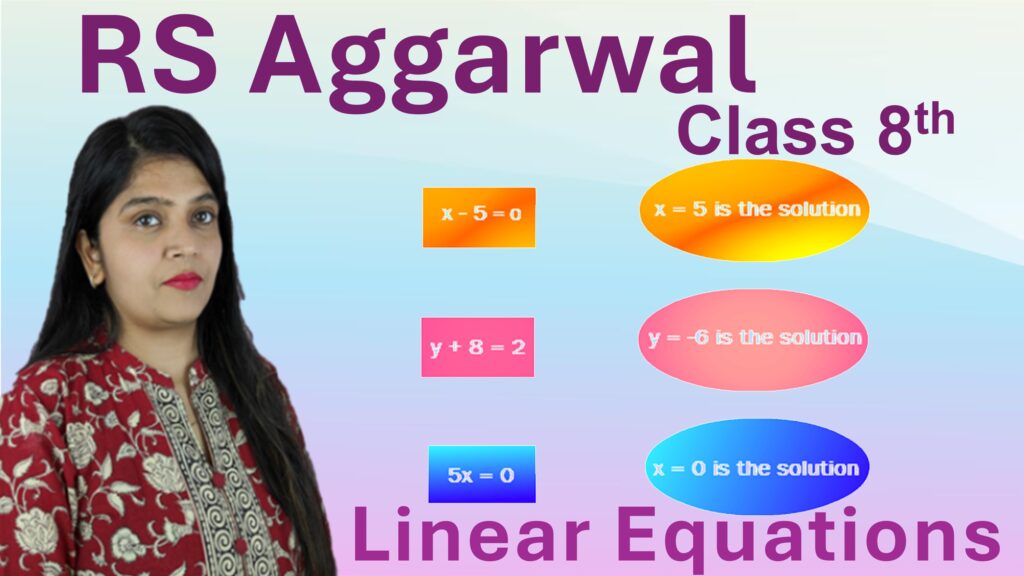In our daily life, we often use symbols to perform actions like plus sign (+) for addition or minus (–) for subtraction. For example, if you buy 2 apples and add 3 more, you quickly calculate 2 + 3 = 5 in your mind.
Just like we use these symbols in math, Java also uses operators to perform various actions on data and variables.
Definition of Operators
In Java, an operator is a special symbol that tells the computer to perform a specific operation on one or more values (known as operands). For example:
int sum = 10 + 5;Here, + is an operator, and 10 and 5 are operands.
Purpose of Operators
The main purpose of operators is to make calculations and decisions easier in programming. They allow Java to:
- Perform mathematical operations.
- Compare values and make decisions.
- Combine logical conditions.
- Assign or modify values in variables.
Without operators, programming would be like writing without punctuation – confusing and incomplete!
Why Operators Matter in Java?
Operators are the core building blocks of every Java program. They help:
- Simplify complex calculations.
- Control program flow using decisions and conditions.
- Perform repetitive tasks efficiently.
- Build logic that gives life to programs.
Types of Operators in Java
Java supports several types of operators. Here are the most common ones:
- Arithmetic Operators – Used for mathematical calculations.
- Relational Operators – Used to compare two values.
- Logical Operators – Used to combine multiple conditions.
- Assignment Operators – Used to assign values to variables.
- Unary Operators – Work on a single operand (like increment or decrement).
- Conditional (Ternary) Operator – A short form of if-else.
- Bitwise Operators – Work at the binary level.
Final Thought on Operators
Operators are like tools in a programmer’s toolkit. Just as we use mathematical symbols to solve problems in real life, Java uses operators to perform actions, make decisions, and control the logic of programs. Understanding operators and their precedence helps students write efficient, clear, and error-free code.
If you’re thinking of learning programming, Java is a great place to start!





Leave a Comment